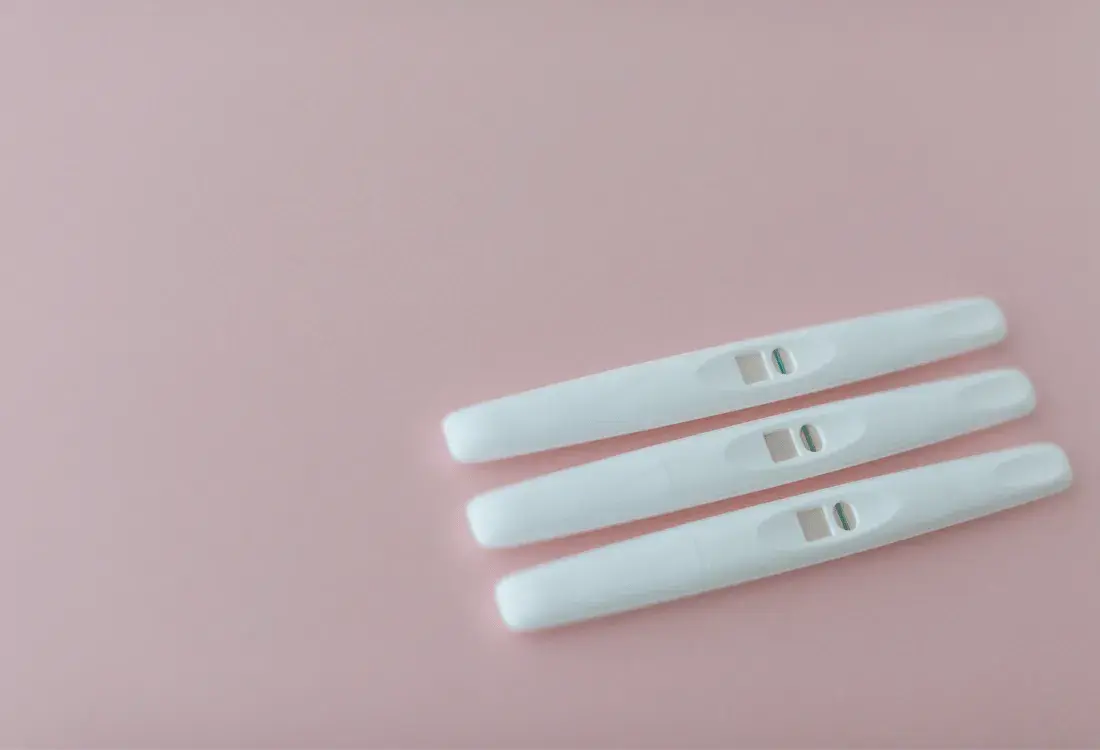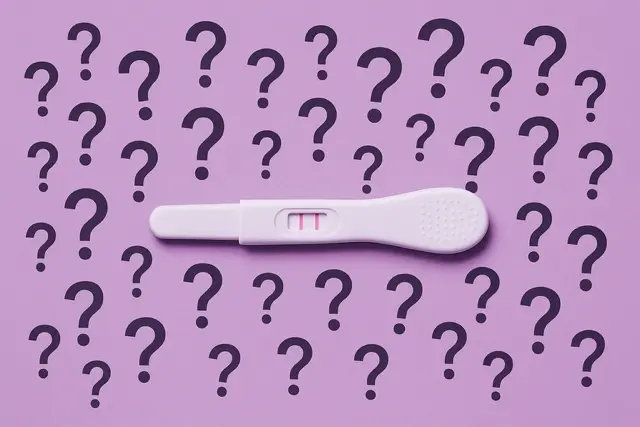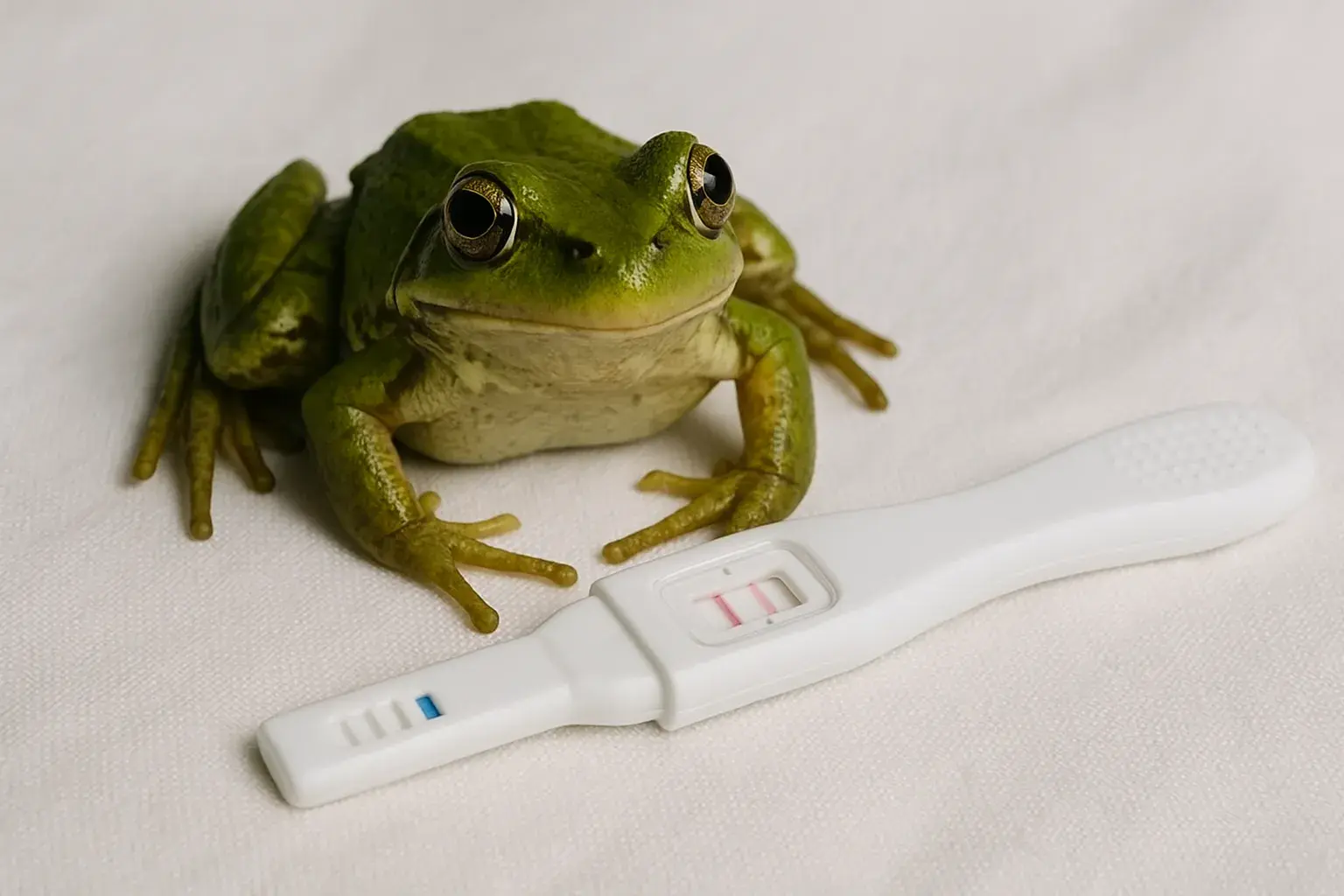Should I Really Wait 21 Days To Take A Pregnancy Test?
The wait for a pregnancy test can be an anxious time. During this period, some women find themselves overanalysing their symptoms and consulting the internet for advice, yet the only way to obtain definitive proof of conception is to carry out a home pregnancy test. But is it necessary to wait 21 days to carry out the test, or can it be conducted sooner to provide you with peace of mind, whether you are planning a pregnancy or not?
In this article, we’ll discuss the different types of pregnancy tests available and when you should test for pregnancy.
The Different Types Of Pregnancy Tests
There are two types of pregnancy tests that women can take to find out whether they are pregnant:
-
Urine tests are widely available, easy-to-use, and inexpensive. These can be used in the comfort of your own home on a day when it is convenient. When conducted at the manufacturer’s recommended time, urine pregnancy tests are highly reliable and produce a result within minutes.
-
Blood tests must be carried out by a qualified medical professional, such as a GP or nurse. Because they are more sensitive than urine tests, these produce a more accurate result and can detect pregnancy far sooner. However, blood tests are not routinely offered on the NHS and, if you do undergo one, you will need to wait for the result to be communicated from the laboratory.
How Long Should I Wait Before Taking A Pregnancy Test?
The NHS recommends that a pregnancy test is best taken first thing in the morning on the first day of a missed period. If you are unsure about when your next period is due, the advice is to take a test 21 days after having unprotected sex.
This timing is crucial because pregnancy tests work by detecting human Chorionic Gonadotrophin (hCG) in the urine, a hormone that is only produced by the body after the fertilised egg implants into the lining of the uterus. hCG levels will rapidly increase in the first weeks of pregnancy.
The Risk Of A False-Negative Test Result
However, because hCG levels vary between women, early testing could produce false-negative or ambiguous results. If the hCG level has not reached detectable levels, a misleading test result may be provided. Negative results are also possible if the user is taking certain medications, has drunk excessive fluid in the hours before the test, or conducts the test later in the day when hCG levels in the urine may be diluted. We recommend taking a second test 2-3 days later to confirm your result or see your GP.
Positive pregnancy test results, on the other hand, are almost 100 per cent accurate, as long as the user has carefully followed the test instructions. If you are pregnant we once again recommend taking a second test 2-3 days later to confirm or see your GP.
Browse Our Range
For the most accurate result, it is advisable to wait the recommended 21 days before carrying out a home pregnancy test, so try to stay relaxed during this period and avoid overanalysing your symptoms.
For more information on our home pregnancy test kits, please browse our range.
Image Source: Canva
Posts by topics
- self-testing kits (30)
- Home Testing Kits (28)
- Pregnancy tests (15)
- Uti home test kits (11)
- Home Blood Pressure & Pulse Monitor (8)
- Pregnancy (8)
- Blood Pressure Monitors (5)
- 6-day Early pregnancy tests (4)
- Blood Test Kit (4)
- Vitamin D Testing Kits (4)
- Iron deficiency test (2)
- Uncategorised (2)
- Urine Test Kit (2)
- Business Awards (1)
- Covid-19 (1)
- Diabetes journey (1)
- Frogs as pregnancy tests (1)
- Gestational Diabetes (1)
- Home Ovulation Tests (1)
- Managing Chronic Conditions (1)
- Pharmacy (1)
- Repeat UTIs (1)
- Twin Pregnancy (1)
- false positive (1)
Subscribe to our blog
You May Also Like
These Related Stories

Twin Pregnancies And The False Negative Test Phenomenon

What Is A False Positive Pregnancy Test Result?





No Comments Yet
Let us know what you think